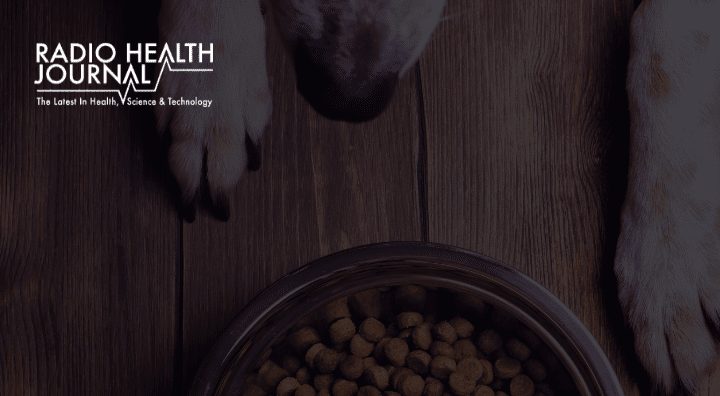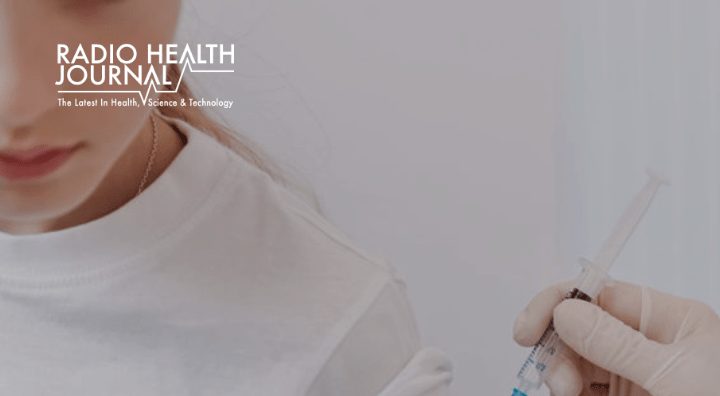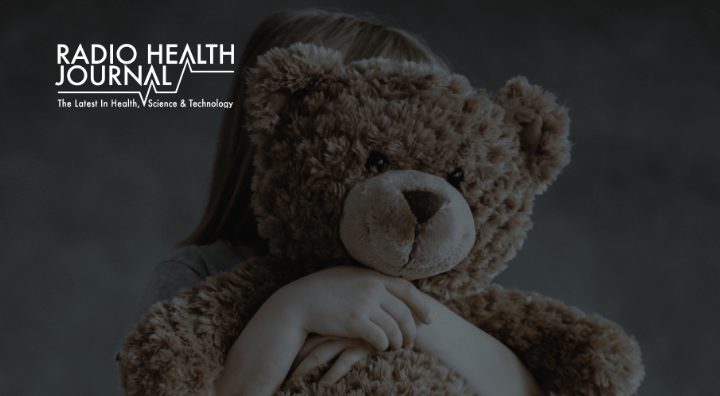Music thanatology is a specialized practice of playing harp music for the dying. A practitioner of the art explains how there is also science to it as well. Hosted by Nancy Benson.
Guest Information:
- Betsy Haraf, family member who witnessed thanatology vigil
- Tony Pederson, certified music thanatologist, Midwest Palliative and Hospice Care Center, Northbrook, IL and President, Music Thanotology Association International
Links for more info:
15-04 Music Thanatology
Nancy Benson: Betsy Haraf has been a musician all her adult life, but when her mother was offered a music thanatology vigil when she was in Hospice care, Harris had no idea what they were talking about.
Betsy Haraf: Never even heard the term before, I had to be, they had to spell it out for me, I didn’t even know what it was.
Tony Pederson: Thanatology is really the study of death and dying, and generally it's an anthropological field, and a lot of times people are looking at death and dying practices, burial practices. Music thanatology is a little different in that we’re focused on the dying process, and what's happening physically as a person and their body decline. But also cognitively and emotionally and spiritually it’s a larger process at work, and the role of the music thanatologist is to bring music in support of that end-of-life process.
Nancy Benson: That’s Tony Pederson, a certified music thanatologist with Midwest Palliative and Hospice Care Center in Northbrook, Illinois, and President of the Music Thanatology Association International.
Tony Pederson: Most of my colleagues are employed by hospices or hospital systems, or in private practice. And they’re getting called as end of life approaches, and they’re being called in for acute pain and symptom management issues, are I think some of the best uses of this music at the bedside. So people having pain or trouble breathing or restlessness, but then also there's those other aspects of the person that might need to be addressed. So if somebody’s got spiritual pain, no amount of morphine is going to address that, and music is something that addresses the whole person. It also addresses the family system around them, or even the caregivers have their own grief that they have to process through, and the music can provide a context for that to happen too.
Nancy Benson: Music thanatologists play a small wooden harp and may also sing or hum during a music thanatology vigil. Pederson says music thanatology is similar in some ways to music therapy. Both disciplines use music but in different ways. Pederson describes how a music therapist might use a familiar tune with a patient.
Tony Pederson: The music helps people access emotions because it bypasses those, you know, higher cognitive centers of our brain, and it gets into the limbic system, the seed of our emotions. So when you hear that old song, you automatically remember the feeling of when you heard that song before. A few seconds later you remember the name of the song and who wrote it and all that sort of technical stuff, but the feeling comes right away. And then our music therapists, who are trained as therapists too, “let's talk about that” and “what does that mean now?” And then they can also use music as a proactive tool, “let's change the words of that familiar song and make them fit your situation,” which gives patients and families an expressive outlet for the things they’re going through.
Nancy Benson: Music thanatology, on the other hand, doesn’t tap into what might be familiar to the patient.
Tony Pederson: The main focus of music thanatology is to connect what we’re doing musically with what’s going on physically for the patient. So like the pace of someone’s breathing is very informative for me about how I should pace the music. I’ll give you one example, like if I see that lung cancer patient and they’re breathing forty-eight breaths a minute, and they’re going – (takes three sharp breaths). Well, there’s a steadiness to that, there’s a regular rhythm, and so musically I might meet them with some metered regularity of rhythm. (Harp music that matches Pederson’s breathing) And as somebody’s, you know, approaching their last hours or days, the rhythms of the body are often losing their regularity, so having this live clinically focused music at the bedside allows for them to drop out of regularity, and the music can move away from that metered rhythmical approach and become a little more free-flowing if that’s what’s going on in the body.
Nancy Benson: Modern music thanatology is still in its infancy, even though it's rooted in the medical practices of ancient Greece. The modern field can be traced to the early 1970s when harpist and composer Therese Schroeder-Sheker founded the Chalice of Repose Project to educate, train and certify music thanatologists.
Tony Pederson: Training to be a music thanatologist is a little bit like a combination of first-year med school and music school, and there has to be an aspect of inner development and preparation, so a little bit like going through seminary, I would imagine. Because we have to be prepared to deal with some very difficult situations, and to be a coherent, useful presence, you know I have to walk out of one person’s death and I have to walk into the next room, and I have to not carry any of that with me. So there is, there is that piece of our training that really covered our own spiritual journey, independent of anybody's religious propensities.
Nancy Benson: Pederson has been a music thanatologist for twenty years and has visited thousands of patients. He says every music vigil is different, but his favorite kind is where the family is very present to what’s happening- the kind Haraf experienced with her mother.
Betsy Haraf: It just was so peaceful and beautiful, and I think more than anything the family, all of us sitting around, we're just so blessed to experience a time of quietness with her, and a connection that just seemed a little otherworldly. It was a time of prayer, we were all praying silently, some of us were gently weeping on our own. It’s really hard to explain all the emotions that were going through as we listened to this incredibly beautiful music while my mother was lying there.
Nancy Benson: Death is a visitor in everyone's life when a friend or family member passes on. Some of us may be at our loved one’s bedside as she takes her final breath. End-of-life scenarios are as different from one another as the people involved, but one thing is consistent from bedside to bedside – our emotions. Live, soothing harp music at such a time can help ease the transition from life to death for both the living and the dying.
Tony Pederson: My goal as I walk in and sit down and explain a little bit what I do to the patient, whether they can respond or not, and to the family, is to just establish a connection. It doesn’t work if I have some idea about a direction that they need to go, and I try and shepherd them there because none of us know what somebody else’s dying needs to look, and it’s really the philosophy in hospice care in general, is that we want to meet people where they’re at, and as they are heading in certain directions we want to be with them as they go in whatever direction they go. The deathbed is not often a pleasant place to be, but it’s an important place to be.
Nancy Benson: You can learn more about music thanatology from the Music Thanatology Association International at MTAI.org, or at chaliceofrepose.org. You can find links to both by visiting our website at radiohealthjournal.net.
Our writer/producer this week is Polly Hansen. Our production director is Sean Waldron. I’m Nancy Benson.
Sign up to receive email updates
Enter your name and email address below and I'll send you periodic updates about the podcast.











Leave a Reply